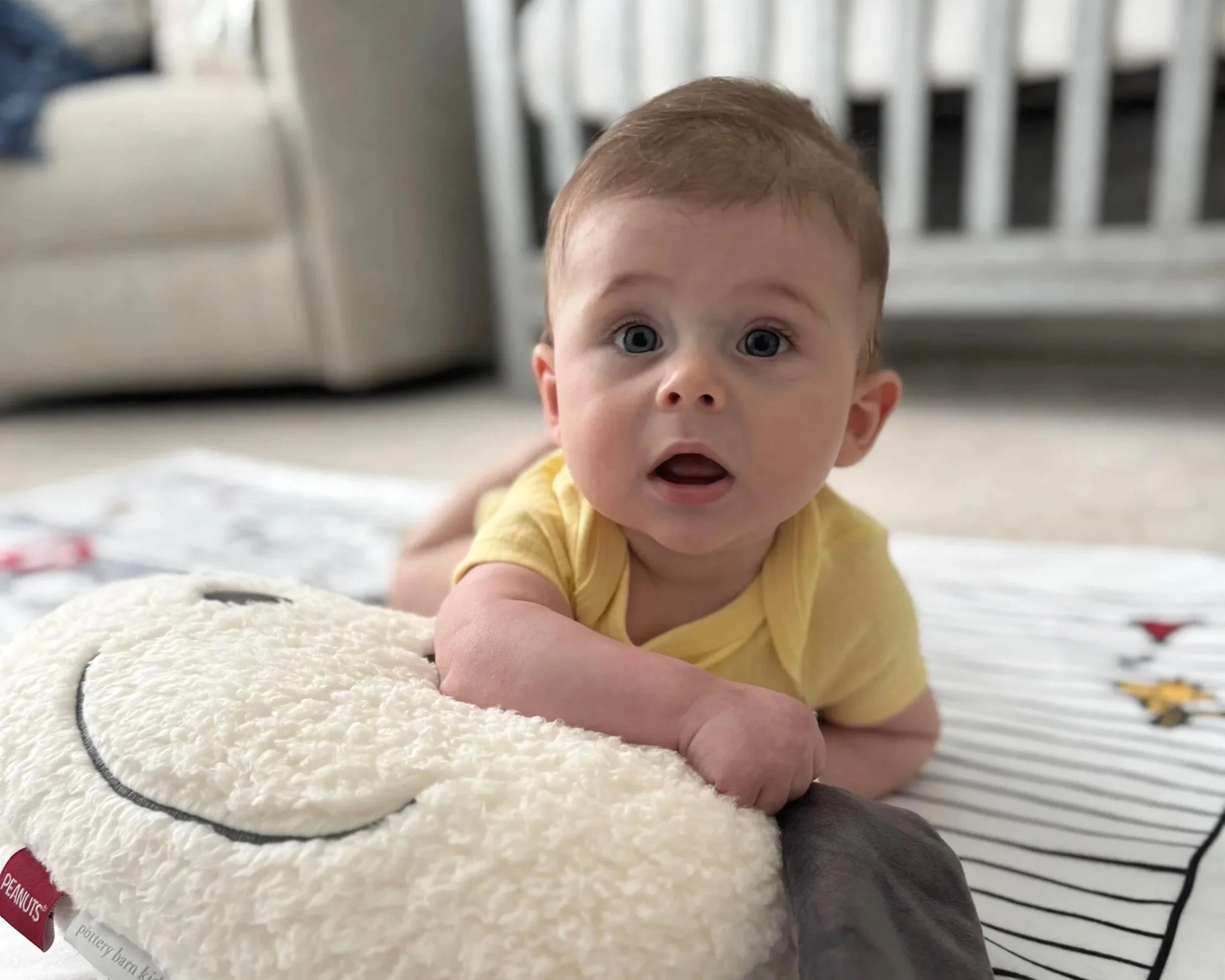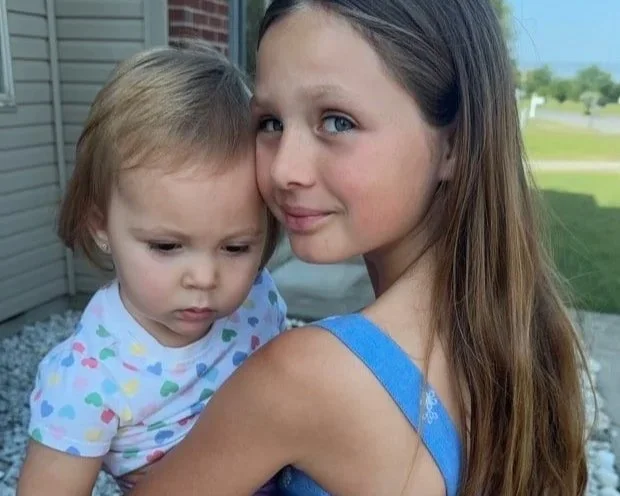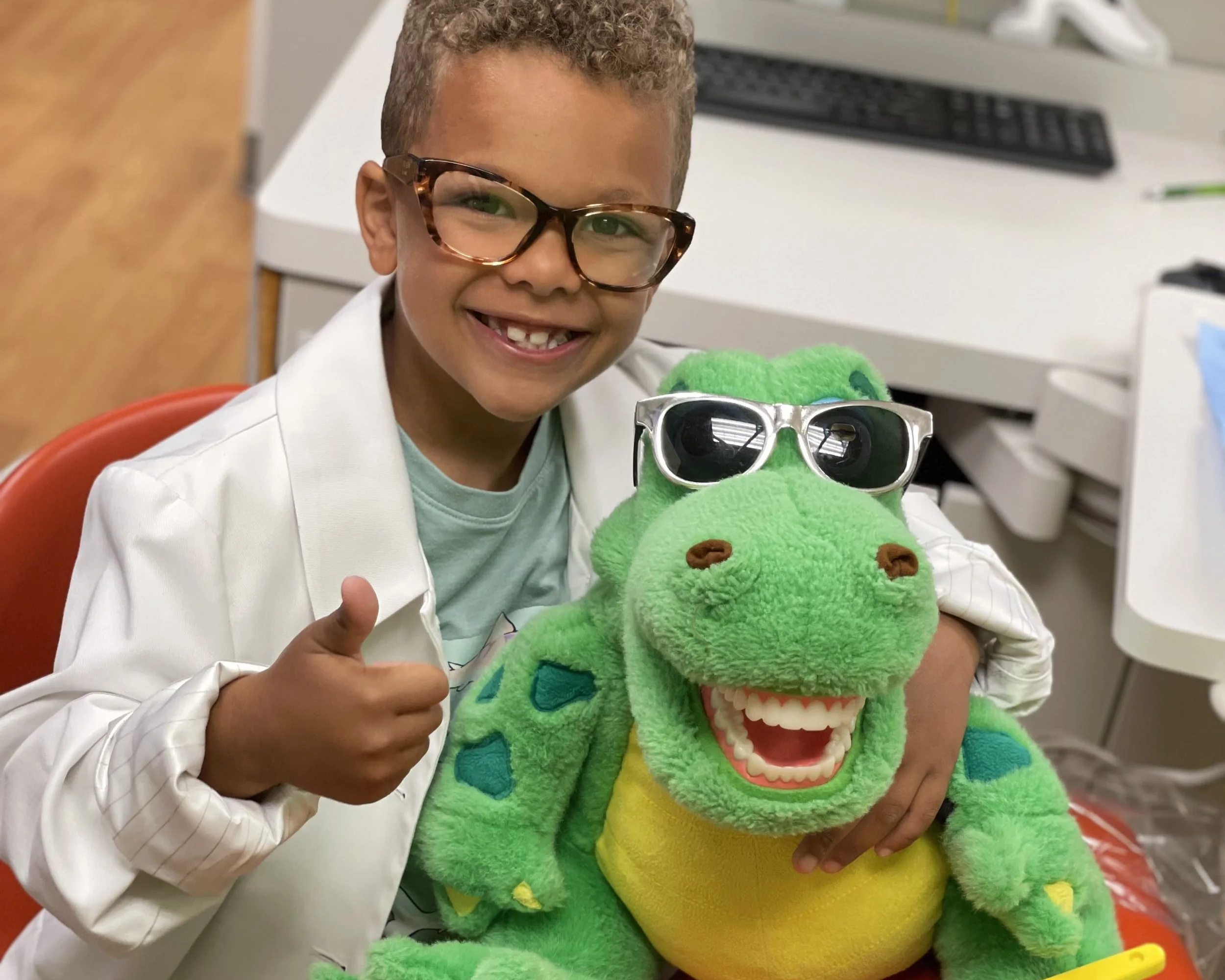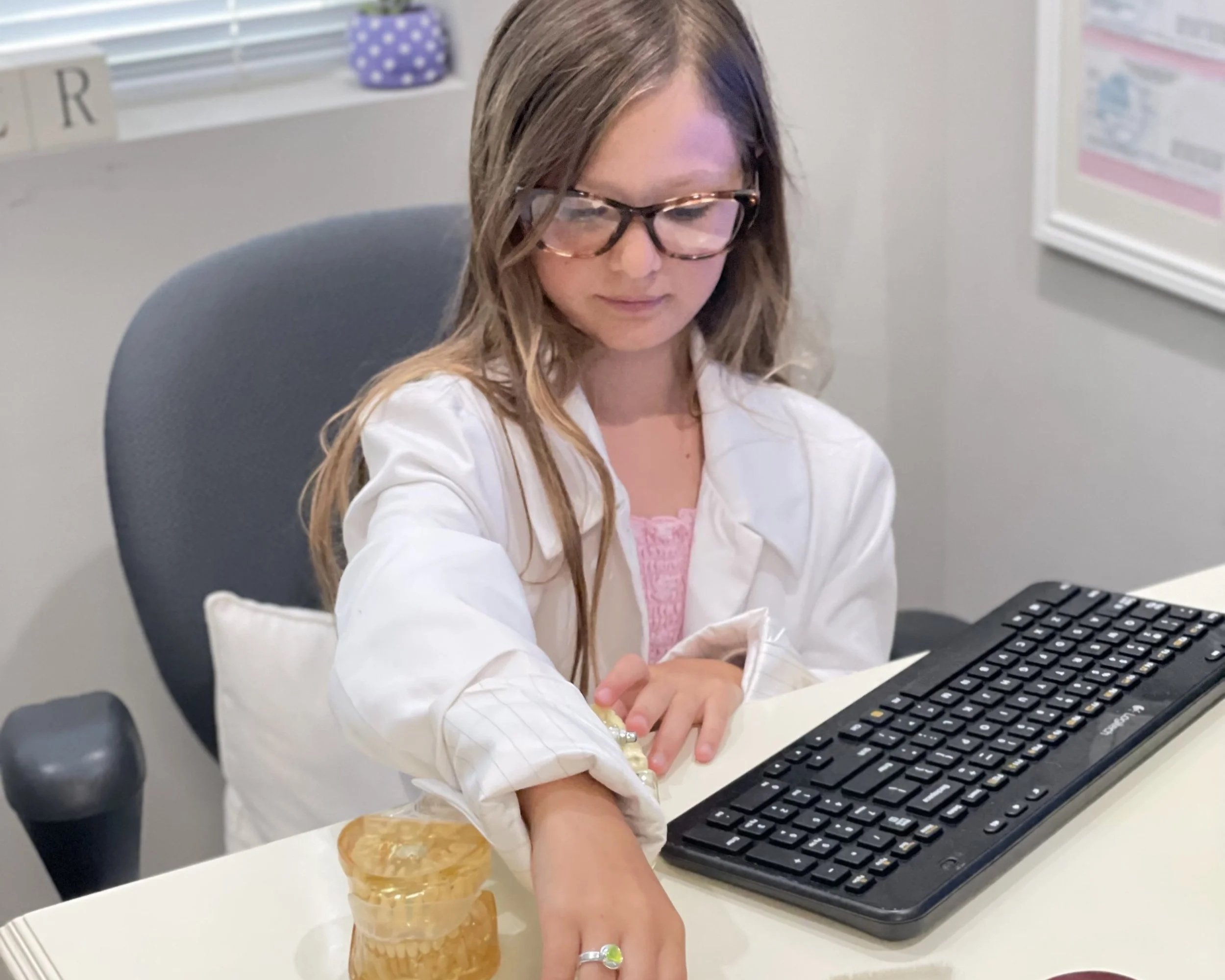From a baby’s first tooth to their launch into adulthood, and everything in between, pdgLouisville’s services support healthy mouths.
Baby’s First Visit
Children should have their first dental visit before their first birthday. This early visit begins a relationship with the purpose of educating parents and children on the best way to maintain good oral health throughout their lives. Having a Dental Home is a great way to prevent common dental problems and manage them when they occur. We will customize a preventive plan for each child based on their needs.
Preventive
Routine dental checkups and cleanings are a good way to ensure your child’s mouth stays healthy. At home, healthy eating habits along with twice-daily brushing and flossing are essential to preventing tooth decay and other dental problems. Additional treatements for the prevention of cavities in children include fluoride applications and dental sealants.
For a child who is active in contact sports, mouth guards may be beneficial in preventing broken, lost, or displaced teeth and even concussions.
Diagnostic
Diagnostic exams are performed on all new patients and during check-ups for existing patients. They are the foundation for future treatments and recommendations made by our doctors. These comprehensive examinations include reviewing your child’s medical and dental history and assessing their teeth, bite, gums, jaws, and muscles for any abnormalities or potential concerns. Our team uses observation, dental x-rays, photography, and impressions to assess and document the development of your child’s teeth and mouth.
Restorative
Tooth damage happens to the best of children. Tooth decay and cavities are the most common dental problem facing babies, kids, and teens. Factors contributing to decay include consuming sugary foods and drinks, poor oral hygiene, and bacteria accumulation. By diagnosing and restoring damaged teeth with tooth-colored composite fillings, pulp treatments, and/or crowns, pdgLouisville hopes to help avoid more complex problems like infection, pain, and even tooth loss.
Cosmetic
While we are primarily concerned with the health of your child’s mouth, there are times when the appearance of their teeth feels equally important to them, and you. The benefit of cosmetic treatments like whitening and tooth-colored fillings and crowns may boost your child’s self-confidence when interacting with others. In some instances, cosmetic treatments like minor tooth movement may improve esthetics.
Surgical
We consider surgery a last resort and it’s typically performed when other restorative treatments have not resolved the underlying condition. The most common dental surgery is tooth extraction but frenectomy is another procedure we do for our patients. Frenectomies are done with minimally invasive laser techniques and can alleviate a condition called tongue-tie, or lip-tie, which can make feeding difficult for infants and may impair proper speech development in older babies.
Our doctors have both trained extensively in pediatric surgical procedures and will make sure you understand why they recommend specific treatments and how they will benefit your child.
Behaviour Management
Some kids need extra emotional support when undergoing dental procedures. Please let our pdgLouisville team know if your child has a specific behavioral diagnosis or is just anxious about medical settings or strangers. We are here to help. Our office uses the latest technology in digital delivery of painless local anesthesia, as well as inhalation of nitrous oxide via a nasal mask. Both of these treatment modalities lessen anxiety, distract children and help make procedures easier.
Hospital Dentistry
The majority of our procedures are performed in our dental office. However, there may be circumstances when procedures are best performed under general anesthesia. In those instances, our doctors may recommend treating your child in a hospital setting with the aid of a pediatric anesthesiologist.
Dental Emergency
If your child is experiencing a medical emergency and is in need of immediate attention, please call 911.
However, if your child has a dental emergency that may require attention sooner than later, call our office for help.
Our office is open Monday – Thursday, 8 am – 4 pm.
After-hours calls will be directed to our answering service and we will return your call as soon as possible.









